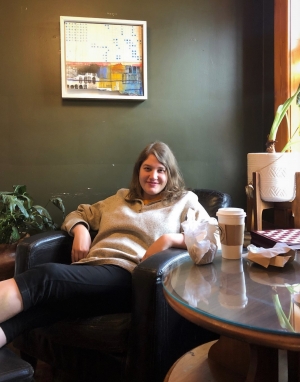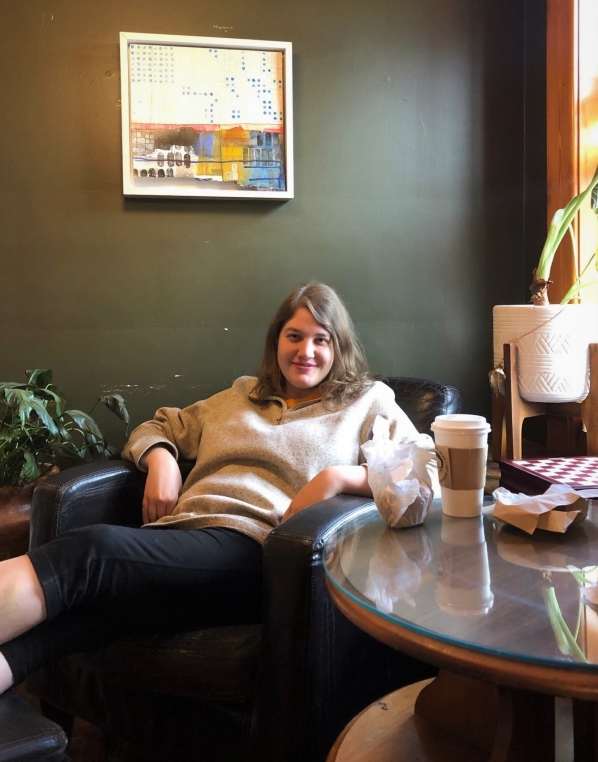How did you become interested in biology?
Growing up, I had a large interest in science – understanding how the world worked through fundamental, unseen processes. I gravitated toward Biology as the study of life, learning molecular systems to satisfy personal curiosities. Biology, specifically genetics, is the most complex machine, capable of innate plasticity, vast innovation, and complete organismal destruction
Why did you pick ASU for your graduate degree?
I decided to earn my Master’s at Appalachian because my research interests were well supported by the knowledge base of passionate professors in the ASU Biology department. Genetics aimed toward the ecology and conservation of native fauna is a niche specialty, well encompassed by innovative ASU research and a rich local environment. One of the best features of the Biology department is a supportive and encouraging community among students and faculty.
What is your thesis research focused on?
My thesis research focuses on the phylogenetics of Genus Neohelix, a clade of land snails native to the Appalachians. This work is done partially to gauge a base level of Appalachian diversity, but also to aid in the conservation of high impact, terrestrial mollusks. By using genetic data to support previous morphological species concepts, species boundaries and identities can be more rigidly outlined.
What are your plans after you finish your Master’s degree here?
After completing my Master’s degree, I hope to apply my genetics skillset in the sequencing industry or work toward conservation efforts as a member of the EPA. Having background in both molecular and ecological aspects gives me a wide breadth of options for future careers, and I’m grateful to Appalachian for providing me with useful opportunities for personal advancement.

